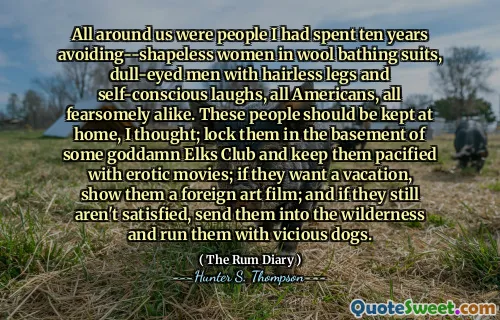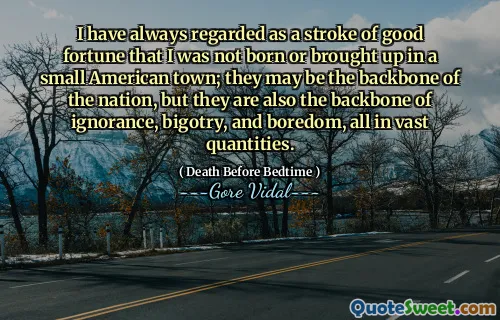
America is especially sensitive to war weariness, and nothing brings backlash like the perception of defeat. I say "perception" because America is a very all-or-nothing society… We like to know, and for everyone else to know, that our victory wasn't uncontested, it was positively devastating.
This quote from Max Brooks' "World War Z" highlights America's distinct sensitivity to the idea of war weariness and defeat. The perception of losing a conflict can trigger significant backlash among the public, reflecting a national psyche that craves clear and decisive victories. This mindset reveals a tendency for Americans to view outcomes as binary—either winning or losing, with little room for ambiguity in the assessment of their military engagements.
Brooks asserts that this drive for a definitive victory influences national sentiment and policy, as Americans prefer a narrative of overwhelming success rather than one of drawn-out struggles or contested victories. The emphasis on a "positively devastating" win underscores a cultural desire not just for success, but for success that is publicly acknowledged and celebrated, indicating the complexities of national identity in the context of conflict.










